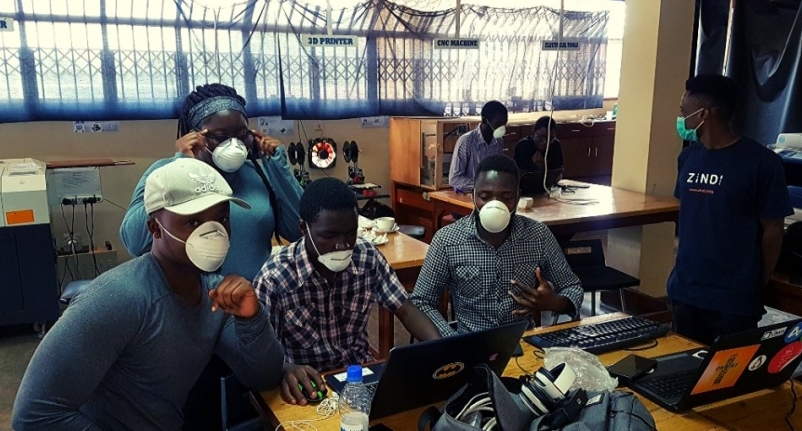South African startup Zindi taps 12,000 data scientists to find solutions for Covid-19
Cape Town-based crowd solving startup Zindi has registered 12,000 data scientists across Africa on its platform that uses artificial intelligence (AI) and machine learning to find solutions to curb Covid-19.

March 28, 2020: Cape Town-based crowd solving startup Zindi has registered 12,000 data scientists across Africa on its platform that uses artificial intelligence (AI) and machine learning to find solutions to curb Covid-19.
Zindi has an open challenge focused on stemming the spread and havoc of coronavirus and will introduce a hackathon in April. The current competition, sponsored by AI4D, tasks scientists to create models that can use data to predict the global spread of Covid-19 over the next three months.
The challenge is open until April 19, solutions will be evaluated against future numbers and the winner will receive $5,000, as reported by Tech Crunch.
The competition fits with Zindi’s business model of building a platform that can aggregate pressing private or public-sector challenges and match the solution seekers to problem solvers.
Founded in 2018, the early-stage venture allows companies, NGOs or government institutions to host online competitions around data-oriented issues.
Zindi’s model has gained the attention of some notable corporate names in and outside of Africa. Those who have hosted competitions include Microsoft, IBM and Liquid Telecom. Public sector actors - such as the government of South Africa and UNICEF have also tapped Zindi for challenges as varied as traffic safety and disruptions in agriculture.
Starting April, Zindi will launch six-weekend hackathons focused on Covid-19. Data scientists registered on Zindi’s website can participate and more info will go up on the startup’s website in the coming days.
The trajectory of the coronavirus in Africa has prompted countries and startups, such as Zindi, to include the continent’s tech sector as part of a broader response. The continent’s largest incubator, CcHub, launched a fund and open call for tech projects aimed at curbing Covid-19 and its social and economic impact.
Pan-African e-commerce company Jumia has offered African governments’ use of its last-mile delivery network for distribution of supplies to healthcare facilities and workers.


